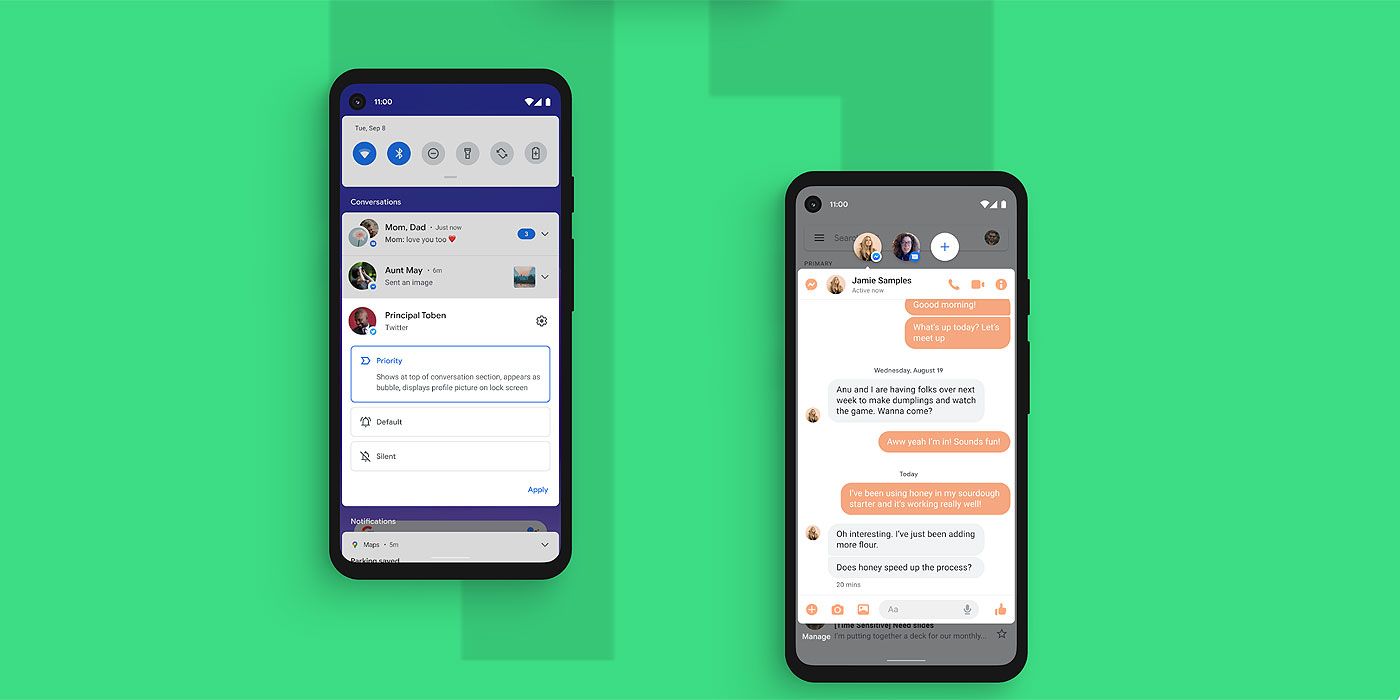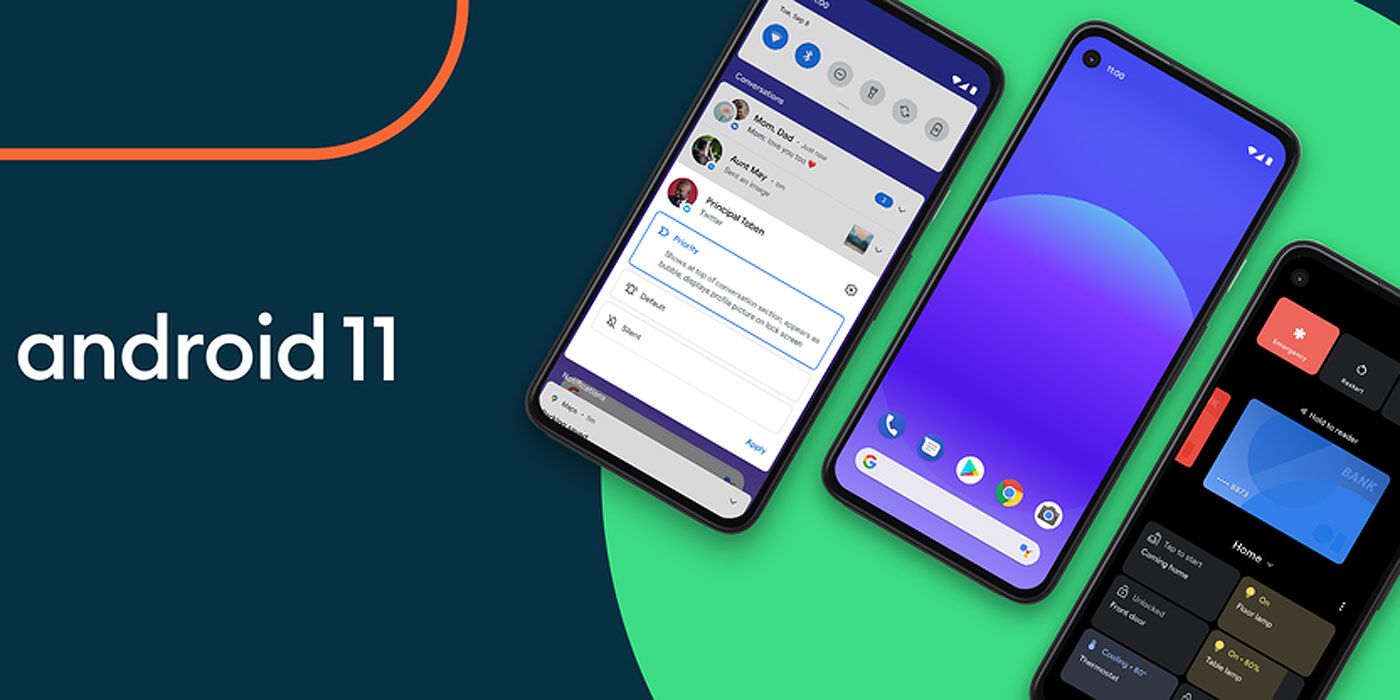After spending months in a beta state, Android 11 has officially made its debut today. Along with being announced by Google, the company has also confirmed that it is rolling out to a selection of devices and not just its own Pixel line of phones. Here's what you need to know to get started with the latest version of Android.
Many smartphone users have been eagerly awaiting an update to Google's operating system and curious to see what improvements Android 11 would offer. With iOS being its only real competitor, and Apple only releasing it on a few phones each year, Android is easily the most popular mobile operating system and has become the backbone for the smartphone industry. Android 11 was first announced back in February with a developer preview of the operating system released the same day. The beta was released a little later in the year with users able to sign up and download it from Google's site. Now, Android 11 is finally available to the public. Well, members of the public, who own the right phone, that is.
Google confirmed which phones the latest version of the Android operating system is rolling out to in a blog post. It's no surprise that its own Pixel line would be among the first phones to get the upgrade, but the other choices might seem a little odd at first. The other phones part of the initial rollout include OnePlus, Oppo, realme, and Xiaomi. Google's own phones aside, these aren't top-selling brands — at least not in North America. That being said, it probably won't be too long before Android 11 becomes available to some of the more popular brands, such as Samsung, Motorola and LG. Of course, due to U.S. sanctions, Huawei, despite being the number two smartphone seller in the world, will most likely not get the official update anytime soon.
Android 11's Latest Features
With Android 11, Google has released a variety of new features with the changes focused on three key areas. There are improvements for communication, such as the creation of a dedicated conversation area, so users can prioritize chats with specific people, bubble conversations, which allow users to multitask while chatting in multiple apps, and built-in screen recording.
The new OS also offers new ways to control smart devices and access media, as well as providing improvements to Android Auto. There are also new and improved privacy and security settings as well. For example, Android 11 will allow the user to grant one-time permissions for an app to access the microphone, camera and location, as well as an auto-reset button to remove permissions for unused apps. For Google's own phones, anyone who owns a Pixel 2 or later, will get access to additional features, such as an upgrade to Google Maps and a smart reply feature for messaging. It's still unclear when the Android 11 update will become widely available to other smartphone brands, but hopefully it will be sooner than later.
Source: Google


